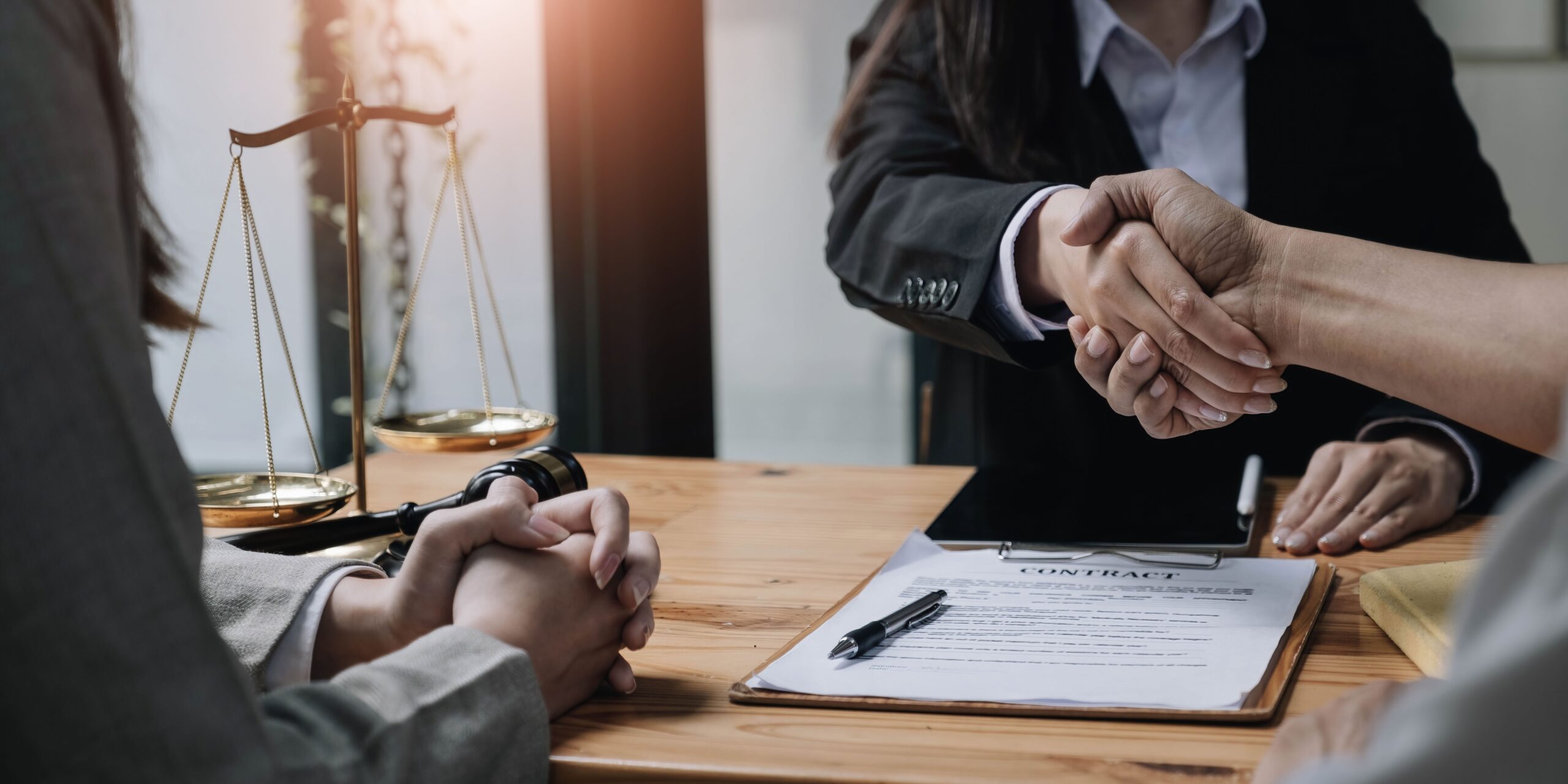 Why Are Contingency Fees Used in Florida?
Why Are Contingency Fees Used in Florida? Why Are Contingency Fees Used in Florida?
Why Are Contingency Fees Used in Florida?Personal injury attorneys representing victims in personal injury claims commonly use contingency fee agreements.
One reason to use contingency fees is the cost of high-quality legal representation. If a client cannot pay a lawyer an hourly fee to represent them, a contingency fee arrangement is mutually beneficial for both parties.
When a client already bears the burden of medical bills after an accident, contingency fees eliminate the financial and emotional stress of managing additional expenses derived from the cost of legal representation. A client’s limited resources shouldn’t prevent their ability to secure experienced legal counsel.
Contingency fees also serve the interests of lawyers. These fees provide an additional incentive for a lawyer to produce efficient and high-quality legal work for their client to win their claim.
The larger the award won, the more the lawyer is ultimately paid. This arrangement gives lawyers a big incentive to maximize their client’s recovery and avoids the filing of frivolous lawsuits.
In certain types of lawsuits — such as personal injury — the lawyer who represents the person suing may agree to accept a part of the money the client recovers as the fee for services. This is called a contingent fee. Under the lawyer’s ethics rules, the lawyer and client must enter into a written fee agreement at the outset of the representation, stating what portion of the recovery the lawyer will receive. The fee is generally fixed at a percentage of the recovery. An additional percentage may be added if the matter is tried again or appealed to a higher court.
In a contingency fee contract, you and your lawyer agree that the lawyer will not get paid any fees unless you win your case. However, you may be charged for costs such as court filing fees or expenses paid to witnesses. If you win, these expenses may be deducted from your share of the recovery. You will have to pay these costs, even if you lose your case, unless your contract specifically says that you do not owe the costs if you lose.
The contingency fee contract must be in writing and signed by the client and any lawyer or law firm who will be paid under the contract. The contract must state what percentage of the recovery the lawyer may keep, other expenses that will be deducted from the recovery and how these expenses will be deducted.
How much the attorney will be able to keep as a contingency fee (remember, this does not include costs) will depend on what stage of the case you are in and how much is recovered.
The following limitations are contained in The Florida Bar Rules of Professional Conduct and apply only in cases involving personal injury that occurred as a result of tortious conduct such as auto accident or products liability cases. These limits also apply in medical malpractice cases if you have agreed to waive your right to the amount of a recovery provided for in the Florida Constitution. You and your attorney may agree to a lesser percentage than those listed below. However, if you and your lawyer want the fee to be greater, you must go to court before your case is filed or at the same time your complaint is filed to get the percentages increased. Lawyers who charge more than the amounts below are presumed to be charging an excessive fee unless they have prior court approval to do so.
Most Florida personal injury attorneys charge between 33 and 40% for their contingency fees, but certain factors may affect the percentage:
Most personal injury attorneys offer a free consultation, where you can ask questions and learn more about the fees they charge for their legal services.
1. Call the police and file a report.
2. Swap information (including any insurance information they may have).
3. Gather details.
4. Take pictures/video
5. Gather the contact information of any witnesses.
6. Seek medical care immediately for any injuries, no matter how minor you think they might be.
While there are many personal injury lawyers, not all of them have equal training and qualifications. Lawyers are usually prohibited by the Florida Bar from calling themselves “experts” in a particular field. However, the Bar does allow some lawyers who have extensive experience and peer recognition in personal injury to take a test to become Board Certified Civil Trial Specialists. Although only 1% of Florida lawyers are board-certified in a civil trial, two out of the three lawyers at Zarzaur Law hold this certification.
Since all personal injury lawyers have the same “no cost no fee unless you win” payout structure, there is no reason not to hire someone who is not a specialist.
Joe Zarzaur is a Board Certified Civil Trial Attorney whose firm has been dedicated to promoting community safety since 2007. ZARZAUR LAW’S AREAS OF PRACTICE: Serious Personal Injury, Product Defect, Auto Accidents, Cycling Accidents, Motor Vehicle Accidents, Products Liability, Wrongful Death, Community Safety, Boat and Jet Ski Accidents, Slip and Fall Injuries, and more. Licensed in Alabama and Florida.
If you’ve been injured in a car accident, it’s important that you don’t make any rash decisions. Put yourself in the best possible position to receive the justice you deserve. It is also important to consult a Board-Certified Trial Lawyer with the knowledge and experience to help you. We know accidents can be stressful, and we want to make the process as easy as possible for you.
Call Zarzaur Law, P.A. today at (855) Hire-Joe for a free legal consultation or visit www.zarzaurlaw.com.